
Article
Climbing Out of Debt
A new study offers more evidence that cutting spending is less harmful to growth than raising taxes
IMF,
2018
Recommendation
Years after the Great Recession, a glut of debt afflicts the world’s advanced economies. As central banks begin to close the door on accommodative monetary policies, interest rates will rise and the debt burden will increase. World leaders will have to figure out how to service rising interest payments while enabling economic growth. Economists Alberto Alesina, Carlo A. Favero and Francesco Giavazzi make cogent arguments for spending reductions rather than tax hikes to boost economic activity. getAbstract suggests this clear and compelling read to economists and analysts.
Summary
About the Authors
Alberto Alesina is a professor at Harvard University. Carlo A. Favero and Francesco Giavazzi are professors at Bocconi University in Milan.









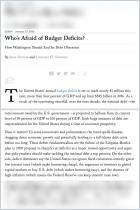
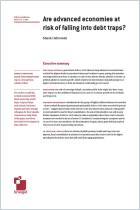

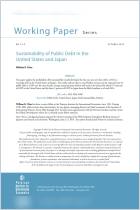
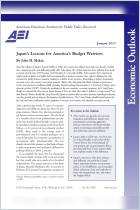
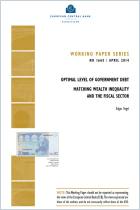

Comment on this summary